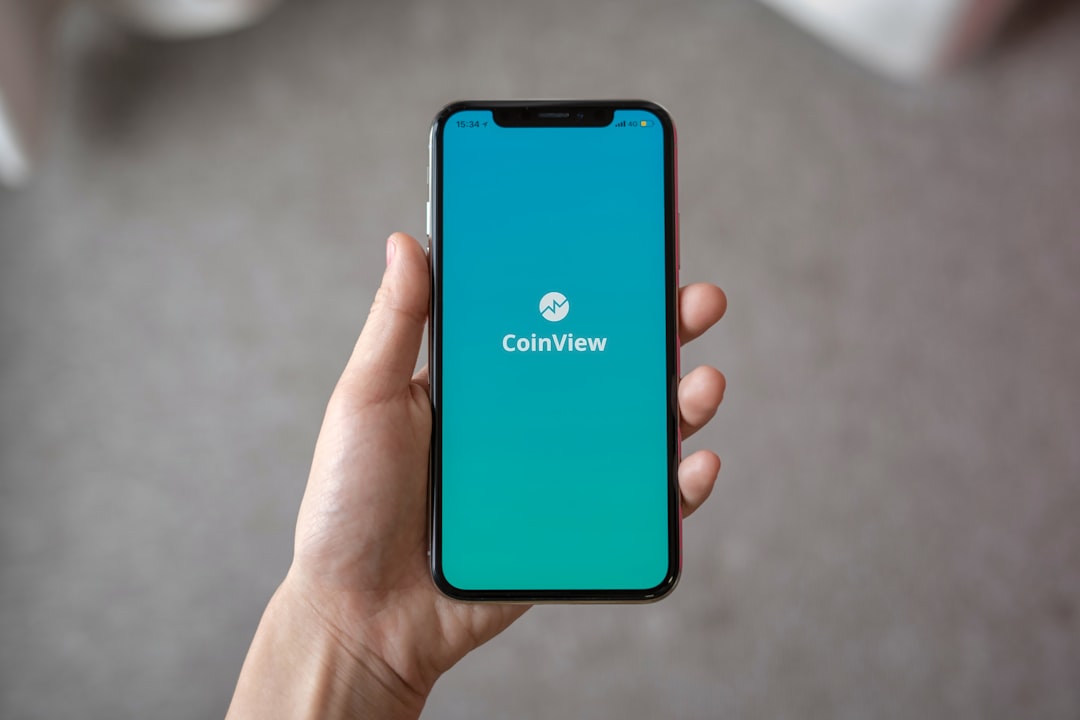Scammers are exploiting loopholes in Illinois' "No Call Laws" by using advanced technologies like automated dialing, synthetic voices, and personalized messaging to bypass protections. In Buffalo Grove, these tactics target vigilant communities concerned with privacy, making it challenging for traditional blocking methods to stop unwanted calls. To combat this, residents should register their numbers with No Call Laws, use call-blocking apps, update contact lists, be cautious when sharing phone numbers, and stay informed about emerging scams.
In Buffalo Grove, as across Illinois, strict No Call Laws aim to protect residents from unwanted telemarketing calls. However, scammers are continually developing advanced technologies to bypass these safeguards. This article explores common scammer techniques that exploit loopholes in No Call Laws Illinois, delving into the sophisticated tools they use to stay one step ahead. We’ll also provide effective strategies for Buffalo Grove residents to protect themselves from these persistent and harmful calls.
Understanding No Call Laws in Illinois and Their Loopholes

In Illinois, including Buffalo Grove, telephone call restrictions are governed by state laws collectively known as No Call Laws. These laws are designed to protect residents from unwanted phone calls, specifically telemarketing and sales calls. The primary goal is to give consumers control over their communication preferences. However, despite these regulations, scammers have found ways to bypass these protections.
One of the key aspects of No Call Laws in Illinois is that they permit businesses and individuals to make calls for specific purposes, such as those initiated by the consumer or for emergency situations. Scammers exploit these loopholes by using automated dialing systems and synthetic voices, making it difficult to distinguish between legitimate and fraudulent calls. They often target areas with a high number of registered no-call phone numbers, suggesting a more vigilant community when it comes to privacy.
Common Scammer Techniques to Avoid Blocking

Scammers are constantly evolving their techniques to bypass no-call lists, taking advantage of loopholes in consumer protection laws like those established by No Call Laws Illinois. One common method involves using automated dialing systems that make numerous calls in quick succession, making it difficult for blocking services to keep up. These bots can be programmed to delay between calls, effectively avoiding detection and blocking mechanisms.
Another trick is the use of virtual phone numbers, which allow scammers to change their caller ID with ease. By presenting themselves as legitimate organizations or individuals, they aim to bypass blocked number filters. Additionally, some scammers employ social engineering tactics, personalizing their messages to make them seem more credible. They may target specific demographics or create a sense of urgency, convincing recipients not to block the calls.
Advanced Technologies Employed by Scammers

Scammers are constantly evolving their tactics, employing advanced technologies to bypass No Call lists and reach consumers in Buffalo Grove and beyond. They use sophisticated voice over IP (VoIP) systems that make it difficult to trace their calls, allowing them to avoid detection by traditional blocking methods. AI-powered call routing software enables these fraudsters to dynamically change phone numbers and routes, making it nearly impossible for Illinois’ No Call Laws to keep up.
Additionally, scammers leverage automatic dialers and pre-recorded messages, which can be easily updated and distributed en masse, targeting thousands of residents at once. They also utilize social engineering techniques, personalizing their approach with names and local references to increase the effectiveness of their scams.
Effective Strategies to Protect Yourself from Unwanted Calls in Buffalo Grove

To protect yourself from unwanted calls, especially those attempting to bypass No Call lists in Buffalo Grove, implement robust strategies. Start by registering your number with Illinois’ No Call Laws, which restrict telemarketers from contacting you without prior consent. Utilizing call-blocking apps and features on your smartphone is another effective measure. These tools can identify and block numbers associated with spam calls.
Regularly review and update your phone’s contact lists to ensure only trusted sources have access. Be cautious when sharing your number, especially online. Consider using alternative contact methods like email or social media for unknown parties. Additionally, stay informed about new technologies and tactics scammers employ; this awareness can help you remain one step ahead.






